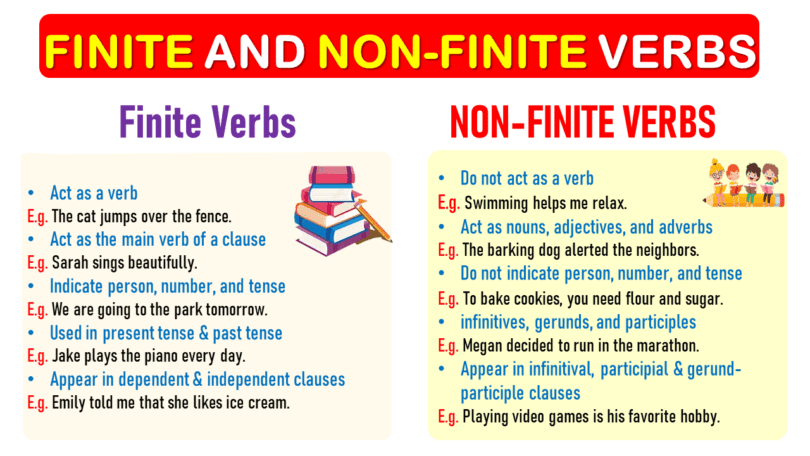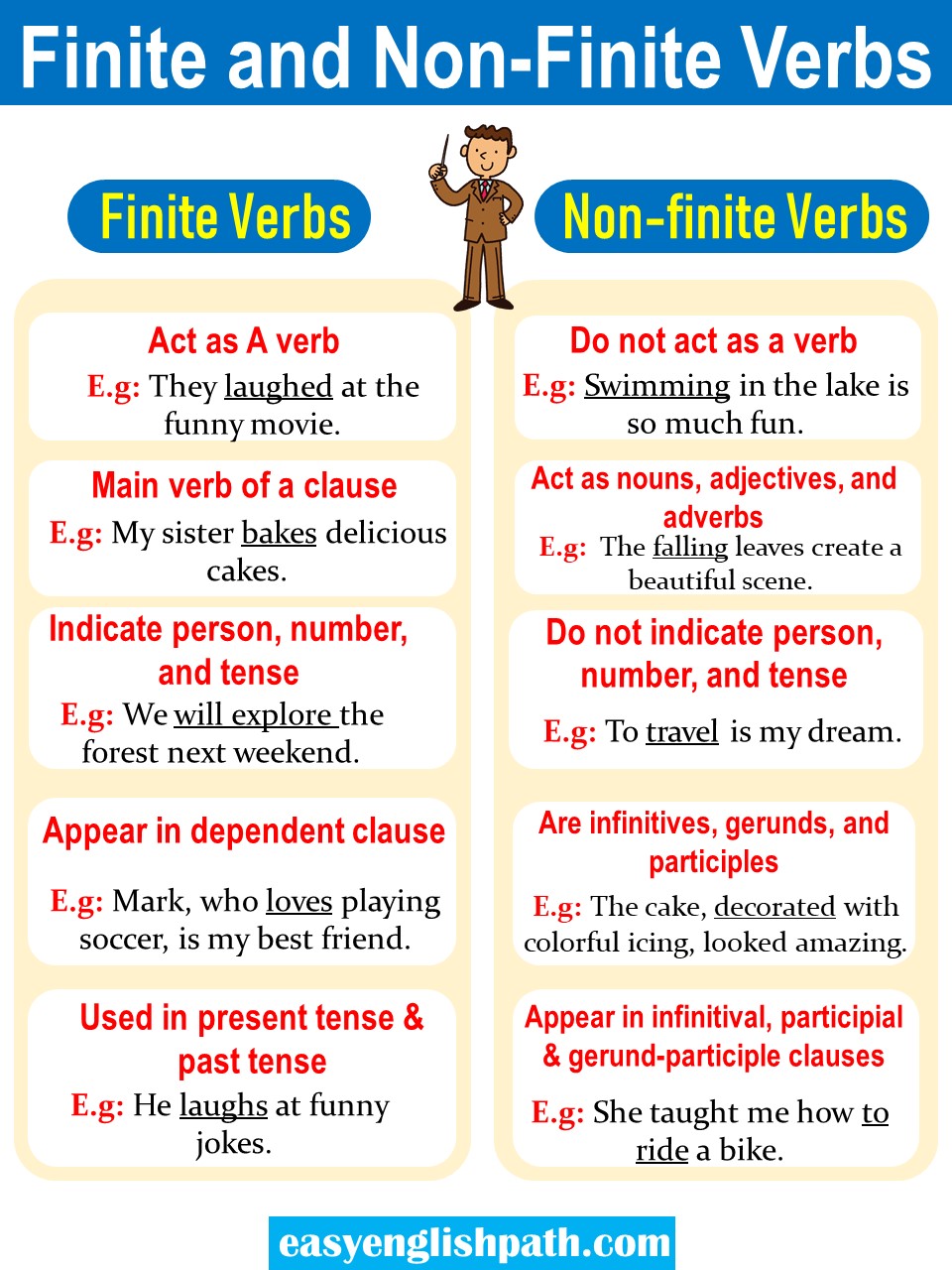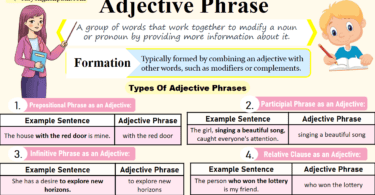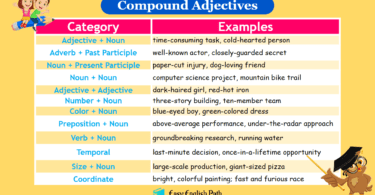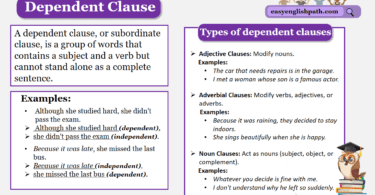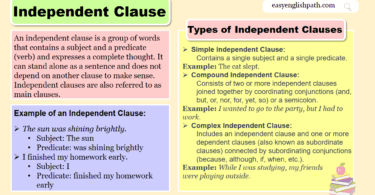We’re going to talk about two kinds of verbs: finite and non-finite verbs. They each perform a different function in nature. Finite verbs follow the grammatical rules. They completely agree with the subject and talk about tense, number, and person.
Non-finite verbs do not show an agreement with the subject and are used in present participle, past participle, and infinitive forms to do various functions in a sentence. To get a better understanding, of what they are and how they are used in sentences, Let’s learn more about them.
Finite and Non-finite Verbs:
What is the finite verb?
A finite verb is a verb that has a subject and indicates tense, person, and sometimes number. It carries the main meaning of the sentence and changes form based on the tense (past, present, future) and the subject.
- I walk (present tense, first person singular)
- She walks (present tense, third person singular)
- They walked (past tense, third person plural
What is the Non-finite verb?
A non-finite verb is a verb form that does not show tense, person, or number. Unlike finite verbs, which act as the main verb in a sentence and show agreement with the subject, non-finite verbs cannot stand alone as the main verb.
- He decided to study all night for the exam.
- Swimming in the ocean is my favorite activity.
- The shining stars lit up the night sky.
Types of Non-Finite Verbs
Non-finite verbs do not show tense, person, or number. They cannot act as the main verb in a sentence. There are three types of non-finite verbs:
1. Infinitives
Infinitives are the base form of the verb, often preceded by “to” (e.g., to eat, to run, to study).
- She wants to learn Spanish.
2. Gerunds
A gerund is a verb ending in “-ing” that functions as a noun.
- Swimming is my favorite hobby.
3. Participles
Present participles end in “-ing” (e.g., running, singing).
Past participles often end in “-ed” or “-en” (e.g., broken, finished).
- The crying baby needed attention. (present participle)
- She has finished her work. (past participle)
Differences Between Finite and Non-Finite Verbs
| Feature | Finite Verbs | Non-Finite Verbs |
|---|---|---|
| Shows tense | Yes | No |
| Changes with subject | Yes | No |
| Can be the main verb | Yes | No |
| Examples | He runs fast. | He likes to run. |
Common Mistakes
1: Using a Non-Finite Verb as a Main Verb
❌ She to go to the market yesterday.
✅ She went to the market yesterday.
2. Confusing Gerunds with Present Participles
❌ I am running is fun. (incorrect)
✅ Running is fun. (correct, gerund as a noun)
3. Incorrect Use of Infinitives and Gerunds
❌ He suggested to go to the park.
✅ He suggested going to the park.
Examples of Finite and Non-Finite Verbs in Sentences
- She writes a letter.
- They are playing football.
- I want to visit Paris.
- Reading books helps improve knowledge.
- The broken glass was on the floor.
- He enjoys swimming in the ocean.
- The running water sounds relaxing.
- She was dancing at the party.
- We planned to travel next week.
- The cat chased the mouse.
Example Sentences with Gerunds
- Reading books improves vocabulary.
- She enjoys singing in the shower.
- Swimming is a great way to stay fit.
- He dislikes waking up early.
- Traveling to new places is exciting.
- They avoided talking about the issue.
- Dancing makes her happy.
- I love cooking Italian food.
- Watching movies is my favorite hobby.
- He suggested going to the park.
- Listening to music helps me relax.
- She kept laughing at his jokes.
- Writing in a journal helps with stress.
- I don’t mind waiting for a few minutes.
- Learning new skills is important.
- He finished doing his homework.
- Running every morning keeps me active.
- She enjoys painting landscapes.
- Helping others gives me joy.
- We discussed changing our travel plans.
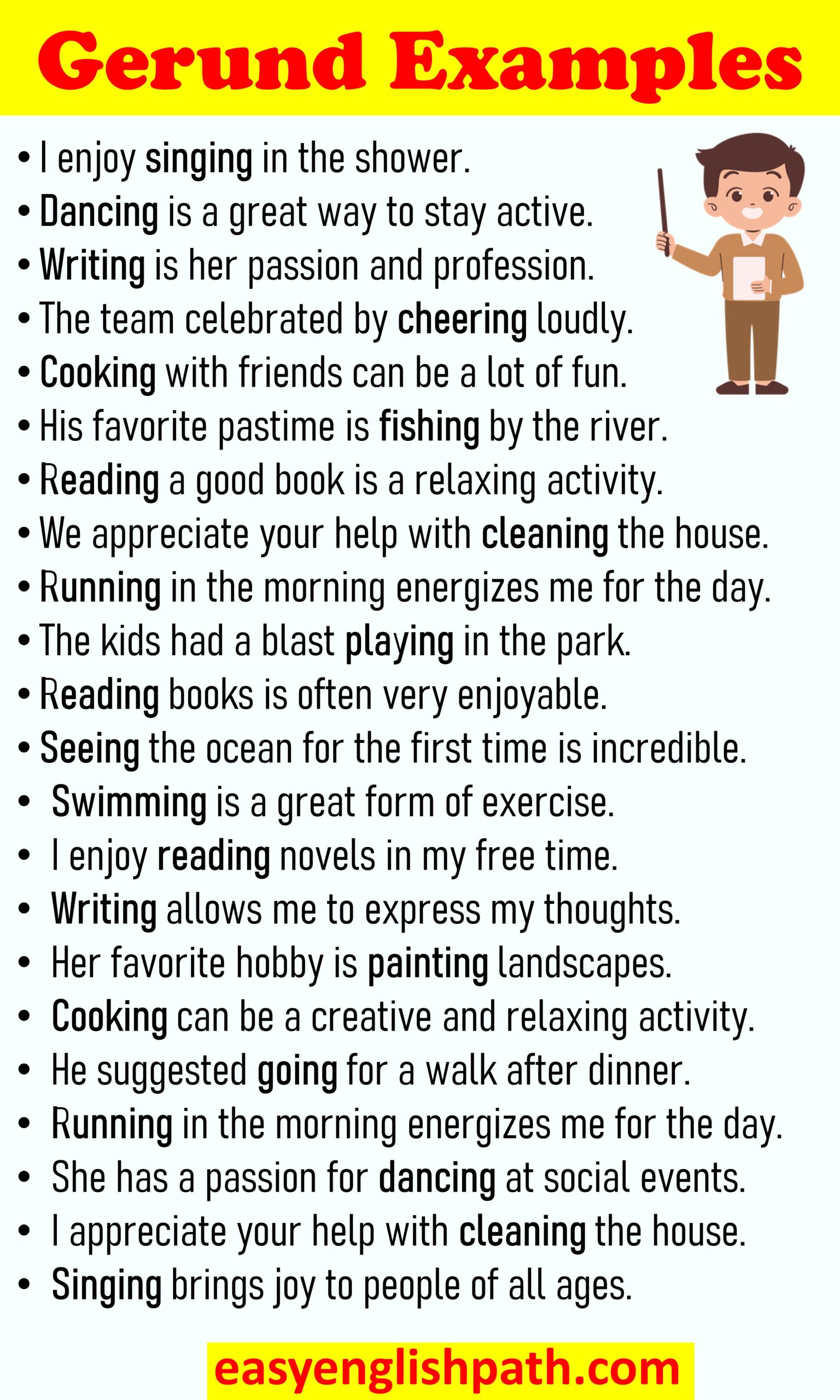
FAQs about Finite and Non-Finite Verbs
1. What is the main difference between finite and non-finite verbs?
Answer: Finite verbs show tense and subject agreement (e.g., She writes a letter), while non-finite verbs do not show tense and cannot act as the main verb (e.g., She wants to write a letter).
2. Can a sentence have both finite and non-finite verbs?
Answer: Yes! A sentence can contain both types. Example: She wants to learn Spanish. (“wants” is finite, “to learn” is non-finite).
3. What are the three types of non-finite verbs?
Answer: The three types of non-finite verbs are:
- Infinitives (e.g., to run, to eat)
- Gerunds (e.g., running, eating)
- Participles (e.g., broken, running)
4. How can I identify a finite verb in a sentence?
Answer: A finite verb changes based on the tense and the subject. Example:
- She eats apples every day. (Present)
- She ate an apple yesterday. (Past)
5. Do all sentences need a finite verb?
Answer: Yes, every complete sentence must have at least one finite verb to indicate tense and subject agreement. Non-finite verbs alone cannot form a complete sentence.
Conclusion
Understanding finite and non-finite verbs is essential for proper sentence construction. Finite verbs express tense and subject agreement, while non-finite verbs (infinitives, gerunds, and participles) serve other roles like acting as nouns, adjectives, or adverbs. Avoiding common mistakes and practicing examples will help improve your grammar skills.
You May Also Like

